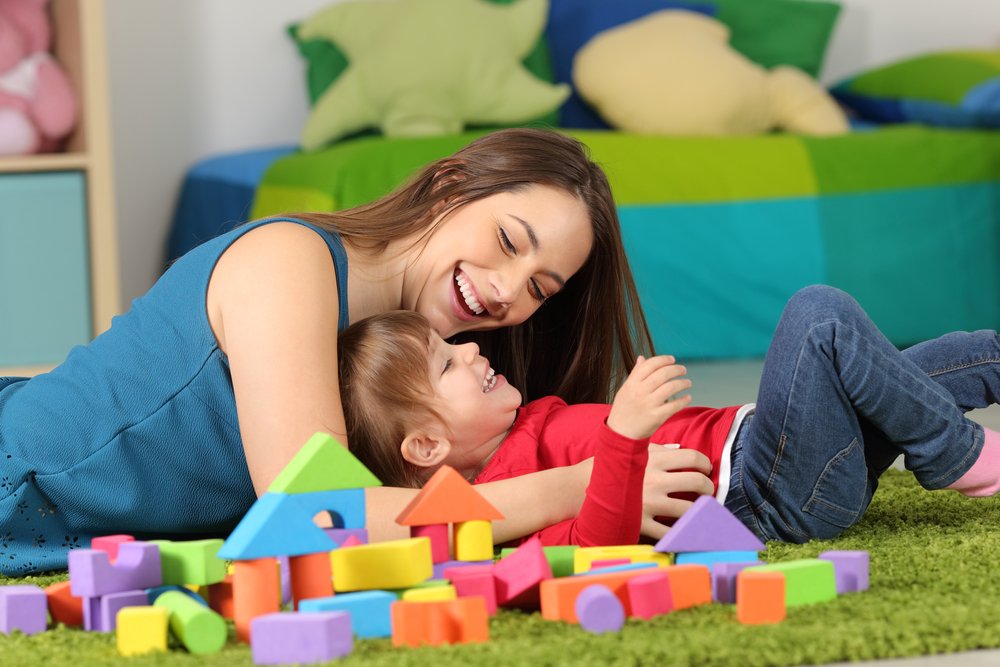Key points:
- Harvard’s Center on the Developing Child has identified three key principles for giving children the best chance to reach their potential: having responsive relationships, reinforcing core life skills, and avoiding toxic stress.
- Being responsive to a child’s cues helps build strong brain connections and a strong relationship that promotes development of social, emotional, and cognitive abilities, as well as resilience during childhood and adulthood.
- Reinforcing core life skills, such as planning and self-control, is essential for a child’s success in school and throughout their life, and parents can help by providing developmentally appropriate support.
- Avoiding situations that can trigger powerful and long-lasting stress responses in children and taking care of oneself can prevent toxic stress and promote the development of neural connections and core life skills.
We all want to give our children the best chance to have a happy and healthy life, to do well at school, and be successful when they’re adults. If you’re a new parent, you’ve probably received lots of advice and tips from friends and family members. It may even be overwhelming to hear all their different opinions! So, what are actually the most important things that give our little ones the chance to have the best possible outcome and reach their potential?
According to Harvard’s Center on the Developing Child, research done in the last few years, and advances in the science of brain development point out three main principles.
1) Having responsive relationships
Being responsive to your little one’s cues (responding to her babbles, coos, facial expressions, etc.) will help them build strong brain connections and build a strong relationship that promotes the development of new social, emotional, and cognitive abilities. These will lead them to be socially competent and boost their reasoning skills. They’ll be more likely to enjoy learning experiences, understand complicated emotions, as well as be empathetic and self-confident. These set of skills will be useful for them throughout their lifetime.
Plus, having this nurturing and supportive relationship with you can also build the foundation for resilience during their childhood, which will be very valuable throughout their life since adults also need resilience to deal with stressful situations. In fact, children and adolescents who have been capable to deal with adversities have one thing in common: a stable and supportive relationship with a parent or caregiver. Why? Offering personalized responses to your child will create a cushion that protects them from developmental disruptions and teach them how to plan, adapt, and regulate their behavior, allowing them to react adaptively in the face of difficulties.
2) Reinforcing core life skills
Core life skills or executive functions are a set of capabilities that, as adults, we use to manage our relationships and daily tasks effectively. These include planning, self-control, flexibility, focus, etc. Helping your child strengthen their core skills is essential for her success, not only at school, but also at work later on and throughout their life. They allow us to achieve our goals, adapt to changes in our environment, prioritize, remember rules, and resist impulsive behaviors. They are essential for learning and developing, as they lead us to make healthy choices.
Because we are not born with these skills, you play an important role in teaching them to your little one and help practice them. But hold on! They won’t be able to do all of this from one day to the next. You can help them by providing developmentally appropriate support, using the scaffolding method. This means that you will need to help them practice before they are ready to do it themselves. How can you do this? Establish routines, model the behavior, and always maintain a supportive and stable relationship with them.
During their first few years, they’ll acquire some basic skills, like focusing for a few minutes and following simple rules. Later on, as a preschooler, you can help them practice the skills they already have in order for them to learn new ones! For example, impulse control and flexibility (learning that some rules can be adjusted depending on the context). If your little one receives enough support throughout this process, by their adolescent years they’ll be ready to learn more complex skills, like resisting peer pressure, planning a long-term goal, and overcoming obstacles.
3) Avoiding toxic stress
We’ve all experienced stress of some kind, and it is not a bad thing. What we should avoid is being exposed to severe and long-lasting stress, because this can overload many biological systems and make it difficult to use the core skills we talked about. In early childhood, if the stress response is activated over a long period of time, it can provoke toxic stress, which can have a negative effect on the development of brain architecture.
What can you do? Try to avoid situations that can trigger a powerful and long-lasting stress response in your little one. That way they’ll strengthen their neural connections and learn more skills. Also, take care of yourself. If you’re also under a lot of stress for prolonged periods of time, you too can have difficulties implementing your core skills, which can prevent you from providing a supportive environment for your little one.









2 Responses
My baby is 17 months old and he is yet to crawl or walk. His legs seem ok, he kicks and plays well. But each time we try to practice “standing” with him, he cries. Please is this normal? Do I have a cause to worry much more than I do already? I still practice “standing” with him though.
Hi Olivia! Thanks for reaching out. Although every baby develops at his or her own pace, as part of their “Act early” campaign, the CDC states that babies should be able to stand up and walk by 18 months. It’s probably a good idea to talk to your pediatrician about it during your next visit, and continue working on these skills at home.